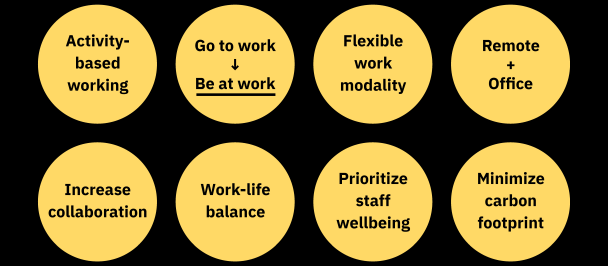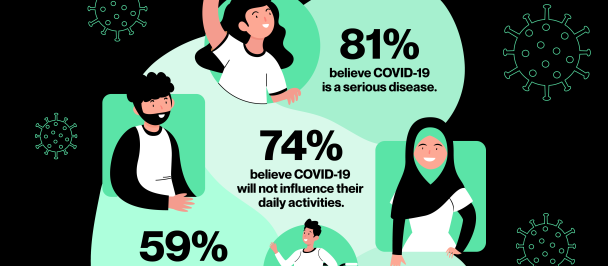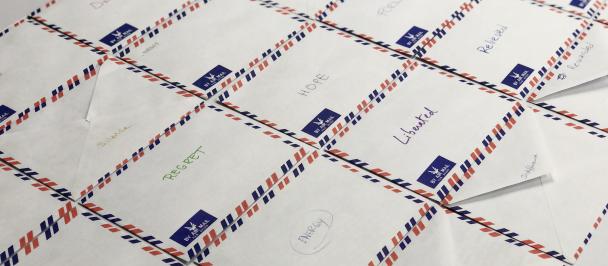In the video presentation below, our Head of Experimentation, Vrouyr Joubanian, shares our learnings from the last six months. Experimenting with a different form of presentation, the video below captures the process of "working out loud," in a format that is longer than a traditional briefing presentation but also more visually dynamic. In the future, we hope to experiment with other ways of documenting and sharing our work, including podcasts, so please do share any thoughts or feedback when you get a chance. You can reach us at accLab.leb@undp.org
At the Lebanon Accelerator Lab, we have been working on the social dimensions of the COVID-19 pandemic since September 2020. Our research has focused on the information landscape, people’s access to and understanding of information related to COVID-19, and the effects of COVID-19 messaging on behaviors and perceptions. The first phase of our work, which included 385 the surveys and 20 key informant interviews (completed in September), allowed us to identify patterns, and more importantly it gave us the insights we needed to determine our next steps.
Based on the results of this initial phase, we decided to initiate two concurrent and interrelated experiments. First, we decided to experiment with a self-administered online survey (using Survey Monkey) to expand the quantity of responses. This experiment was based on our determination that we needed a lot more input in order to continue this line of research, especially given the ongoing, fast-transforming nature of the pandemic. Another step involved experimenting with a WhatsApp chatbot as a source of COVID-19 information, because our initial respondents wanted more interactive channels to engage. In both these initiatives--the survey and the chatbot--we worked closely with the country's Risk Communication and Community Engagement (RCCE) task force led by UNICEF and WHO.
Both of these experiments were pushed through Facebook Ads on UNDP's Facebook page. The campaign strategies were enhanced with a variety of BI strategies and live iterations. Although these two experiments allowed us to learn a great deal about COVID-19 information, perceptions, and behaviors, that was not our only goal. Through these experiments we also sought to reflect on the digital tools we used to collect data and the different hypotheses we set out to test.
The multiphase research presented here corresponds to the Lebanon Accelerator Lab’s commitment to fostering a culture of experimentation. As we described several months ago, the Accelerator Lab has shifted gears recently to offer a “show rather than tell” approach to the work it’s doing. From experiment design to prototyping and iteration to data visualization, this project has modeled the ways in which the Accelerator Lab’s methods and tools might enhance our work and our engagement with the communities we serve.
Here are the links mentioned in the presentation:
Infographics: bit.ly/CovInfogs
Dashboard: bit.ly/CovDash

 Locations
Locations


